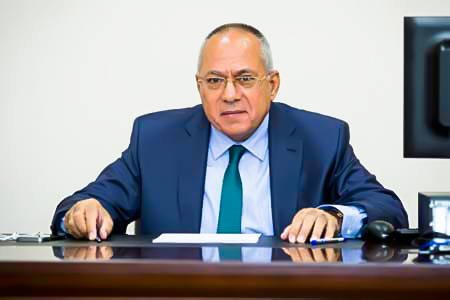About HUE
Quality Assurance Center
Quality Assurance Center
Quality Assurance Center
The Quality Assurance center was first established in the academic year of 2016/2017 alongside the Quality Assurance Unit in every faculty under the supervision of the quality assurance center as a result of our solid belief in the role quality playing in the educational institutions and out of our constant development that is adopted by Horus university since its start.
One of the roles played by the center is to assure the quality of the educational programs given at the university to enhance the local community trust in the qualifications of our university graduates and to achieve the targets of sustainable development which in its turn will boost the rank of Horus university as one of the pioneers in the field of education in Egypt.
Quality Assurance Center Vision
Quality Assurance Center Vision
Applying quality standards that match the national standards.
Quality Assurance Center Mission
Assuring and developing the educational, and research process, and community service.
Administrative Hierarchy of The Quality Assurance Center
- University Provost President
- Dean of Pharmacy Vice
- Dean of Physical Therapy Vice
- Director of Quality Assurance Center Member
- Assistant Director of Quality Assurance Center Member
- University Director Member
Executive Hierarchy of The Quality Assurance Center
- Director of Quality Assurance Center
- Academic Executive Team (5 university staff members)
- Administrative executive team
Quality Assurance Center Tasks
- Assuring the learning outcomes and development to ensure trust on the domestic, regional and international levels.
- Providing the university colleges with technical support to match the requirements and quality standards of the educational and research process.
- Raising awareness of and training the targeted customers regarding anything related to quality assurance.
- Promoting the regional and international collaboration with educational, research, and communal organizations.
- Reassuring trust in the quality of the university outcomes.
- Reviewing the university internal activities to assure applying the referential and academic standards.

welcome everybody who participates in building a future for our own country to help it take a considerably distinctive place among nations.


